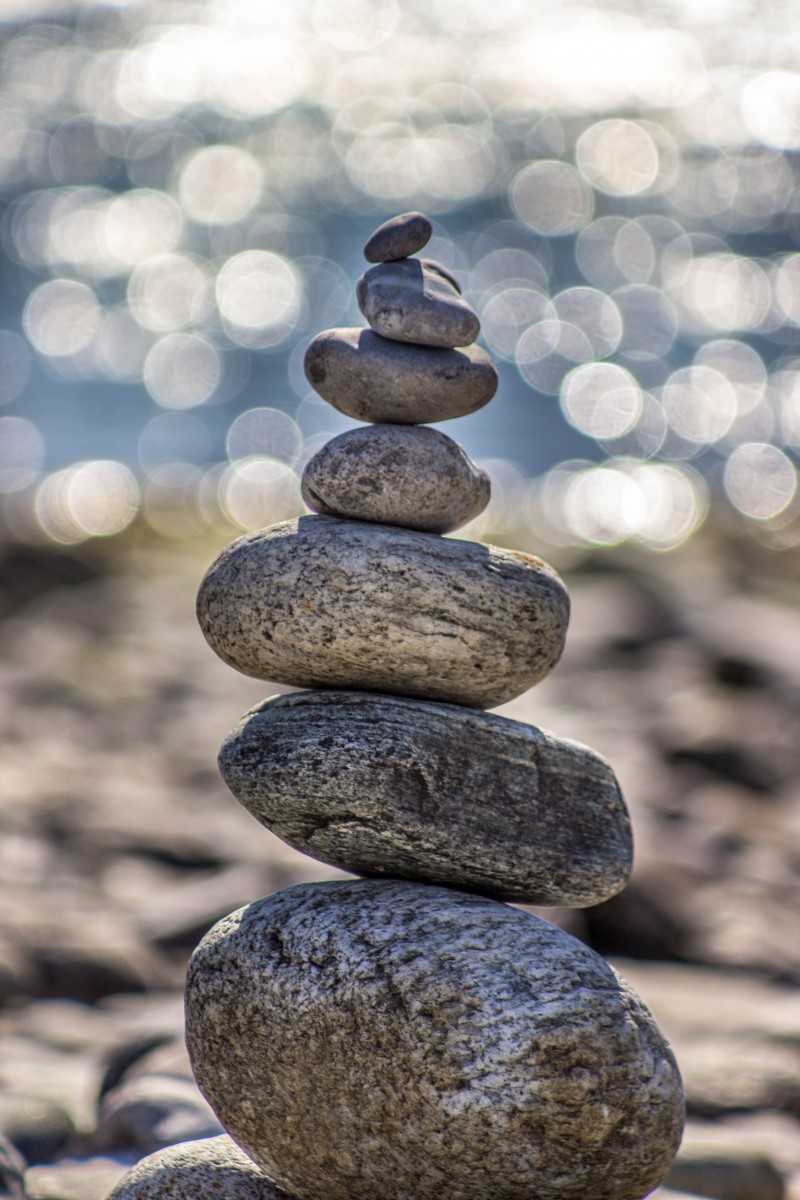How to Develop a Capacity for Uncertainty
Posted April 30, 2020 • Conflict Mastery,Emotional Intelligence,Leadership • by Jennifer Goldman-Wetzler, Ph.D.

Source: Deniz Altindas for Unsplash
Over the past couple of weeks, in my conversations with clients, colleagues, and friends, I’ve noticed a trend. We’re shifting to an acknowledgment that this social-distancing world we’re living in isn’t likely to last just a few weeks. While Trump has suggested we will have a vaccine “relatively soon,” according to some public health experts, it will likely be 12-18 months or longer before a vaccine is widely available. Companies like Facebook and Microsoft have announced that they’re canceling or converting most large in-person events to digital through June 2021.
As the reality that we may be in this for the long haul sinks in, all kinds of new questions are arising.
For example, if school and camps are closed over the summer, how will this impact working parents? When will widespread testing become available? How accurate will the tests be?
The questions may seem endless. About the economy. About elections. About the nature of the coronavirus itself.
If you’re in the position to help provide answers to these questions, with deep gratitude, please keep up this critical work.
But whether or not you’re personally working on these questions, the answers will only become apparent over time. In the meantime, as vast social-psychological research suggests, one of the wisest things we can do is to learn to sit with the uncertainty. To know that the answers will come.
The research on wisdom very clearly suggests that the ability to be OK with uncertainty—to acknowledge that we don’t know what will happen in the future—and the ability to hold complexity—to acknowledge that two seemingly opposing viewpoints can exist at the same time—are two defining qualities of wise leaders.
When I learned about these qualities of wise leadership in 2002 during my first year as a graduate student at Columbia, they were theoretical concepts for me. The closest they came to being applied was when the authors of academic research papers noted how sorely lacking these leadership qualities were in the political leaders of the day. I could see how the ability to hold complexity and uncertainty would be helpful to leaders, but they were just words on a page. But over close to 20 years since then, I’ve helped many leaders learn to develop these qualities in their leadership.
For example, in my book, Optimal Outcomes, I show how the practice of conflict mapping has helped many of my clients and students—from startup CEOs to project managers to psychology grad students—view seemingly simple situations in more complex terms, which has enabled them to find levers to eventually free themselves from conflict and achieve optimal outcomes. In my nine-minute TEDx talk, I show how creating a more complex view of the situation helped me free myself from a long-standing conflict between me and my mom. (If you’re interested in learning how to map the complexity in a situation you may be facing, you can find a free template and online mapping software here.)
Today, these qualities of wise leadership—the ability to be OK with uncertainty and to hold complexity— seem more necessary than ever, and not just for people who are leading teams or organizations or families, but for everyone navigating this pandemic.
At a time of global instability, our ability to sit with uncertainty helps us live with the questions without having all the answers right away. Similarly, our ability to notice the complexity in situations helps us acknowledge that while there is massive, tragic, worldwide loss occurring there is also renewed connection and innovation emerging from this pandemic as well.
Paradoxically, our ability to sit with the uncertainty and hold the complexity can help us stay stable during these unstable times. This may be among the most important contributions many of us can make to the people we love, the people we serve, and the teams we lead.
If you are interested in developing your capacity for uncertainty, here are some questions you can ask yourself:
- What questions do I have about the current situation?
- Can I be OK not having the answers to my questions right away?
- What practices might help me sit with the uncertainty of this moment?
- If I am responsible for leading others (at work or home), how can I help them sit with the uncertainty too?
And questions to ask yourself to develop capacity for complexity:
- What seemingly opposing viewpoints might both be true in the current situation?
- How can I hold both? What practices might help me do so?
- If I am responsible for leading others (at work or home), how can I help them understand these complexities as well?
If you ask yourself these questions, I’d love to hear what insights you gain. Please feel free to leave your thoughts in the comments below.
Leave a Reply